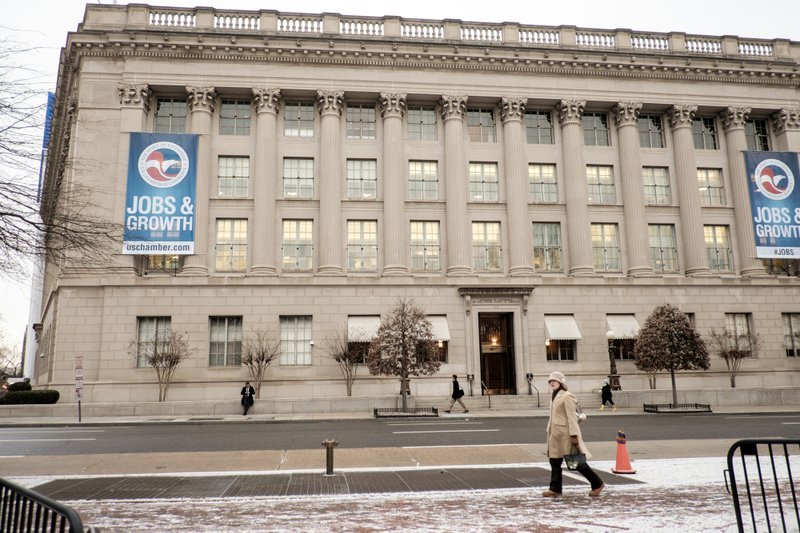After unsuccessful attempts to stop President Donald Trump from levying tariffs on national-security grounds, the U.S. business community is lining up behind efforts to limit his power to impose them.
The U.S. Chamber of Commerce, Business Roundtable, and two coalitions with dozens of trade associations are backing legislation to require congressional approval before a president imposes such national-security tariffs. Trump used the authority in 2018 to impose duties on steel and aluminum imports, and he's been threatening for months to do the same with foreign-made vehicles and parts.
Similar legislation didn't advance last year, and it's unclear what the prospects are with the new Congress. But the business groups say Trump's tariffs on metals and the retaliatory duties that were levied in response have hurt U.S. industry, farmers and workers -- and that it's time to assert Congress' constitutional role in trade policy.
Trump relied on Section 232 of the Trade Expansion Act to impose duties on imports of steel and aluminum from most countries -- including Canada, Mexico and other allies. He separately has imposed duties on $250 billion in Chinese imports in response to a trade imbalance and allegations of unfair trade practices.
The Bicameral Congressional Trade Authority Act introduced Jan. 30 in the House and Senate would give Congress 60 days to approve any proposed trade actions under Section 232 of the law, as well as change the definition of "national security" with regard to tariffs.
Not all business groups support the effort, though. The Alliance for American Manufacturing, a coalition of domestic industry and the United Steelworkers, said in a statement that the legislation would cost U.S. jobs and that "weakening the ability to push back against market-distorting, anti-competitive practices will only embolden the nations whose trade cheating puts our national security at risk."
Information for this article was contributed by Daniel Flatley of Bloomberg News.
Business on 02/06/2019
